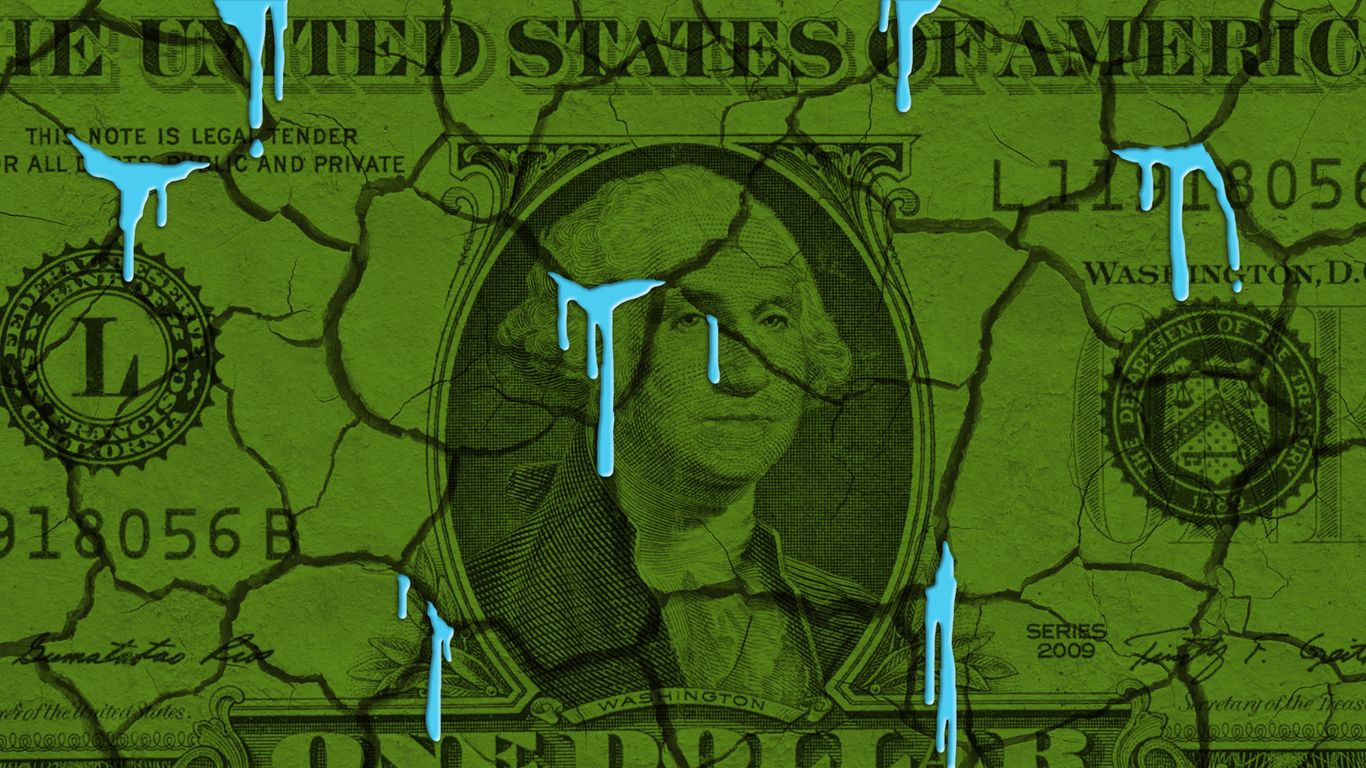
""coming to the point where their margins are getting squeezed and they need to start passing that onto consumers," Beth Hammack, president of the Federal Reserve Bank of Cleveland, told CBS News earlier this month."
"Home Depot had been able to maintain prices on imported products because they'd stockpiled before tariffs took effect. But now, the company expects "modest price movement in some categories" (corporate speak for price increases), an executive said on a call with investors Tuesday."
"He annualized June's 2025 tariff data to conclude that tariffs are on track to cost automakers $2,200 per vehicle this year. "GM, Ford, Stellantis, Toyota - They can't support $2,200 per vehicle. That's impossible to sustain," he tells Axios."
Presidential tariff announcements and subsequent negotiations delayed implementation, allowing companies to stockpile imports and postpone price increases. Recent tariff actions imposed roughly 15% on dozens of countries on top of existing 30% China tariffs, squeezing corporate margins. Retailers and manufacturers initially absorbed costs to avoid spooking customers, but inventory buffers are depleting and price increases are emerging across select categories. Procter & Gamble plans price hikes on about a quarter of its products, Home Depot predicts modest category price movement, and analysts estimate tariff costs per vehicle that will likely drive higher sticker prices in the auto sector.
Read at Axios
Unable to calculate read time
Collection
[
|
...
]